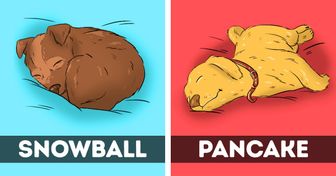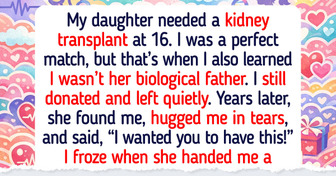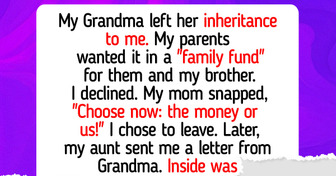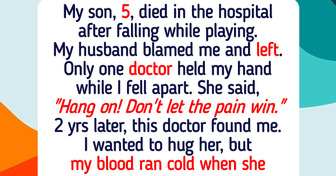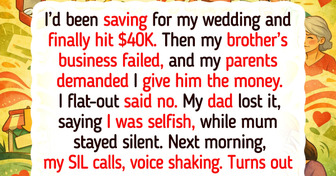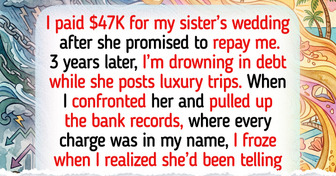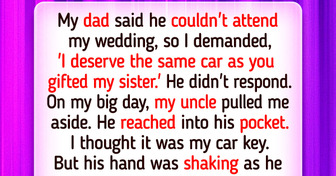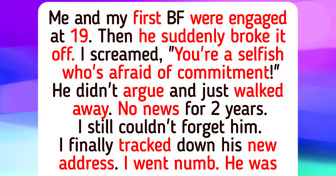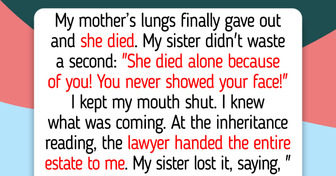10 Things We Do That Stress Our Dogs Out, and Hugging Them Is One of Them
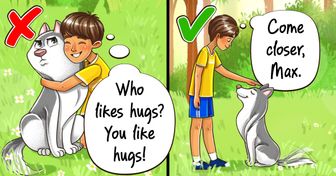
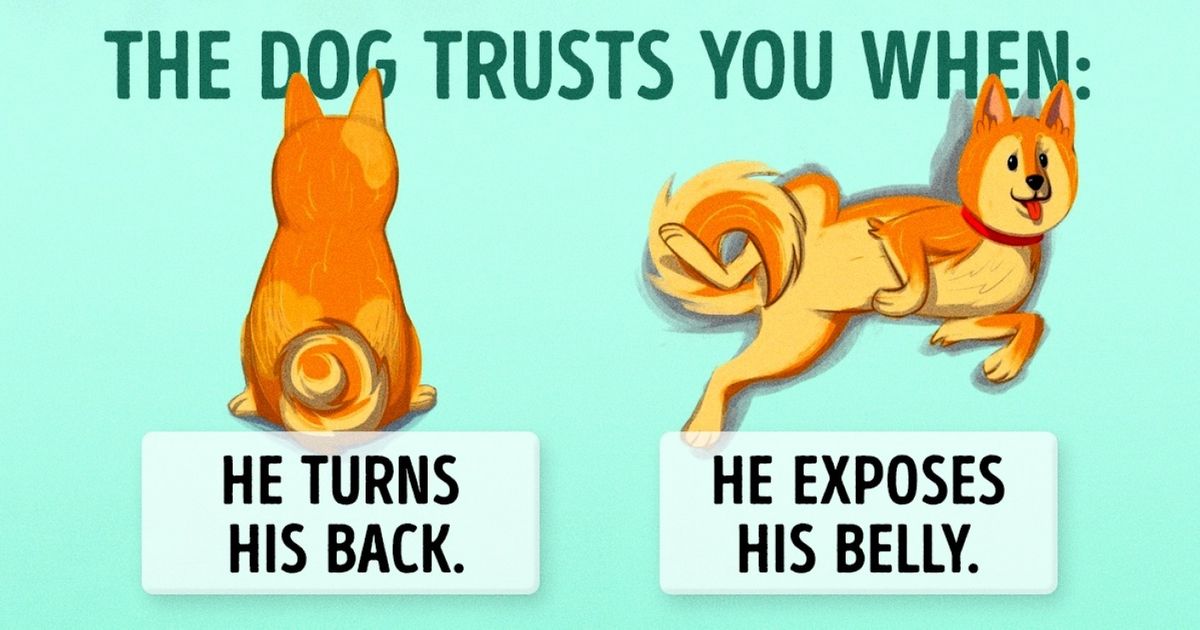
Understanding a dog’s body language is essential for building a strong and trustworthy relationship with your four-legged friend.
Bright Side introduces 16 illustrations that will help you to understand what your pet — or any other dog — wants to tell you. Enjoy reading this, and make friends with dogs because they are a source of limitless positivity!

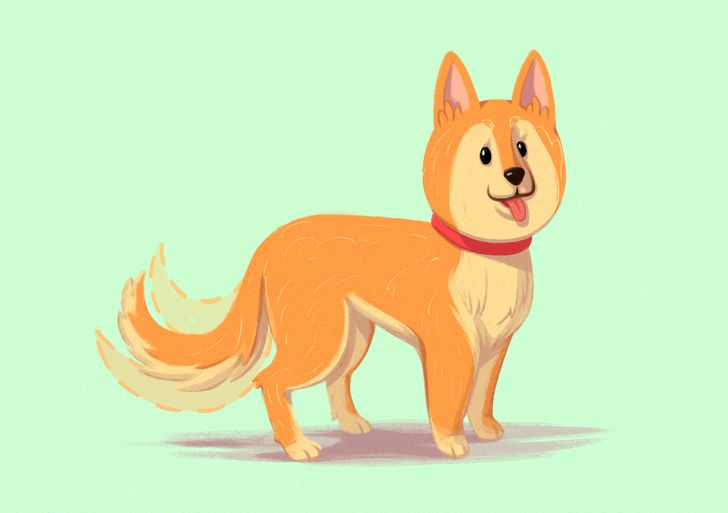
If the dog wags his tail slowly, he doesn’t understand what’s going on and is asking you what you want him to do. When the dog’s tail is wagging rapidly, this means he admits that you are in charge.
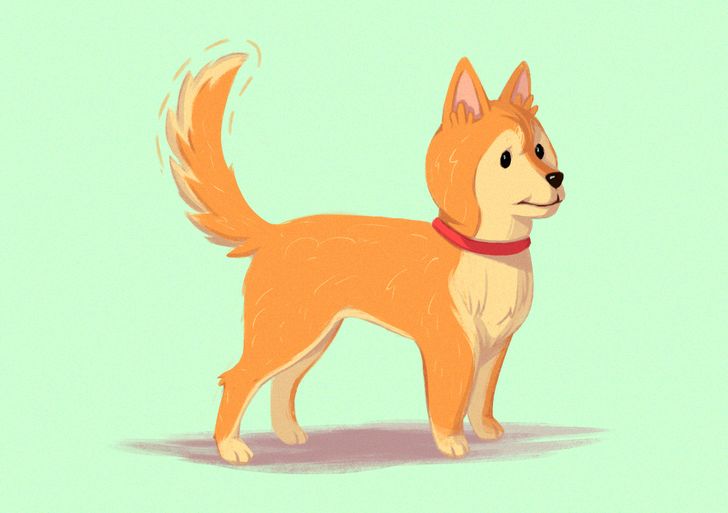
The dog is issuing a challenge to your authority because he considers himself to be in charge of the situation.
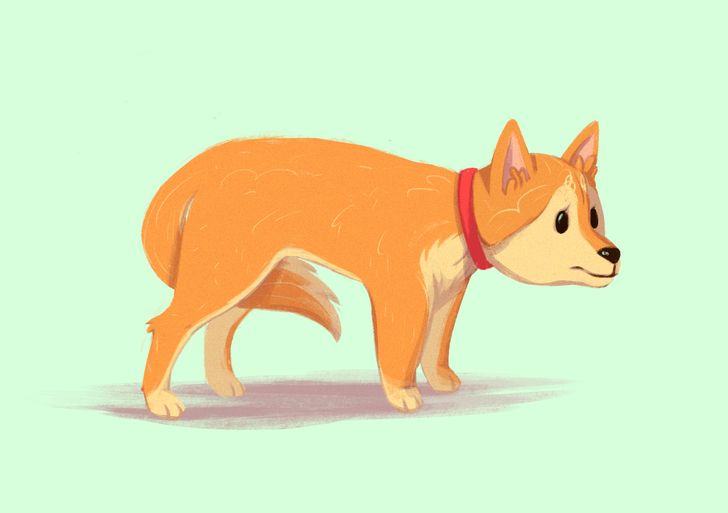
It’s a sign that the dog is scared, afraid of pain, or feels uncomfortable. If there are no obvious reasons for concern and your pet tucks his tail quite often, you should take him to a vet.

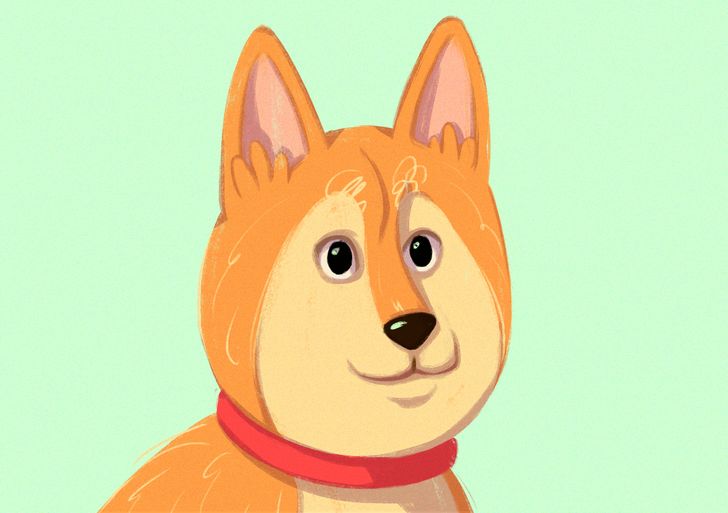
This is how your pet tries to get your attention. He’s challenging you and expects you to respond firmly.
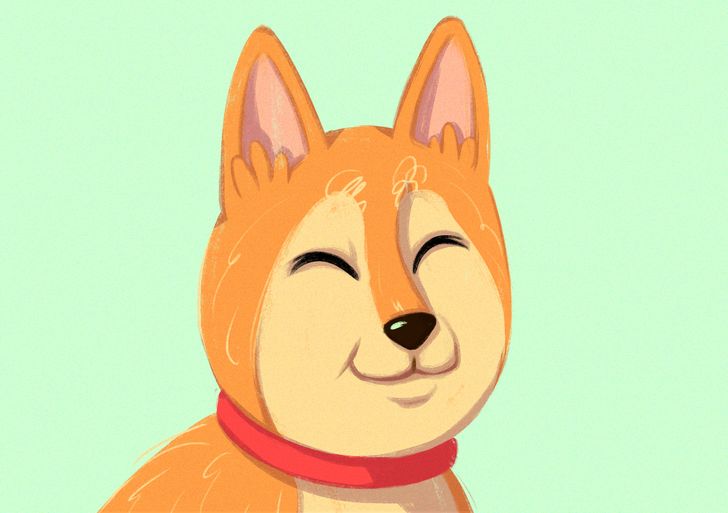
This means he’s ready to play. But if your dog squints a lot his eyes might be painful, and you should take your pet to a vet.

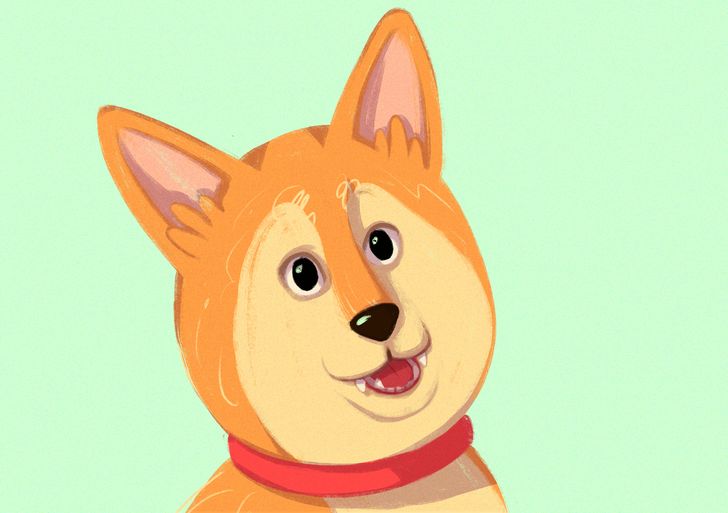
The dog is showing you that he’s curious and reacting to any new event in his environment.
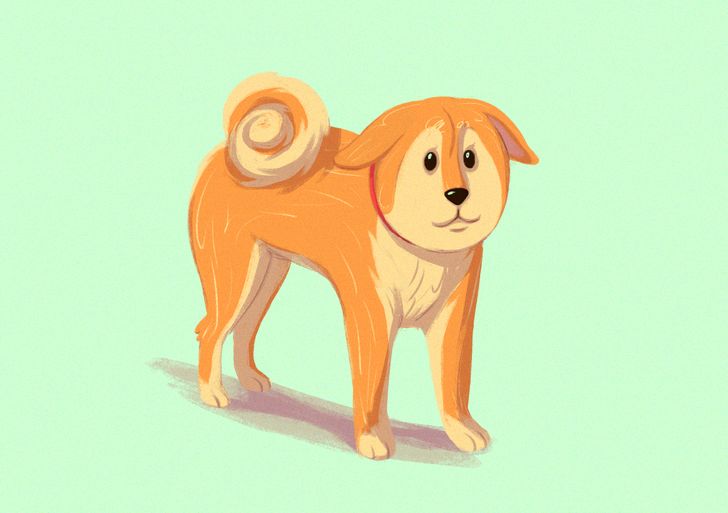
It’s a sign that the dog is scared. Sometimes your pet may have only one ear down, and most of the time it’s the left one. This is how dogs react to unfamiliar people or people they are afraid of.

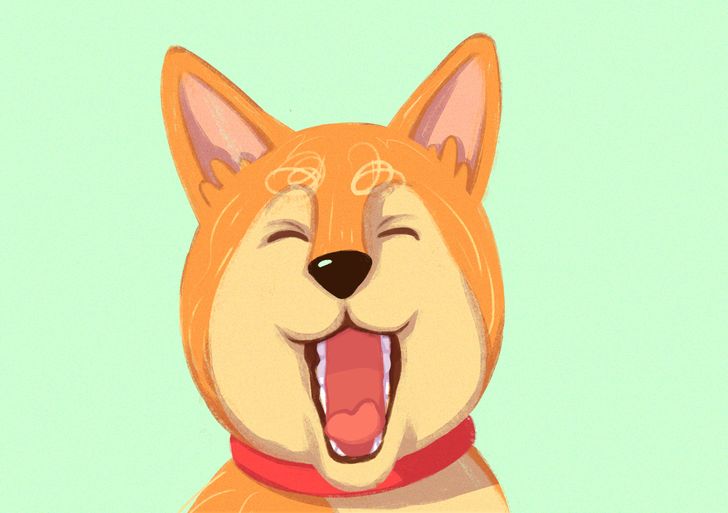
This action means the dog is grumpy and nervous. Puppies do this quite often when they’re surrounded by big unfamiliar dogs. But if your pet yawns after you did, this means he’s very attached to you.
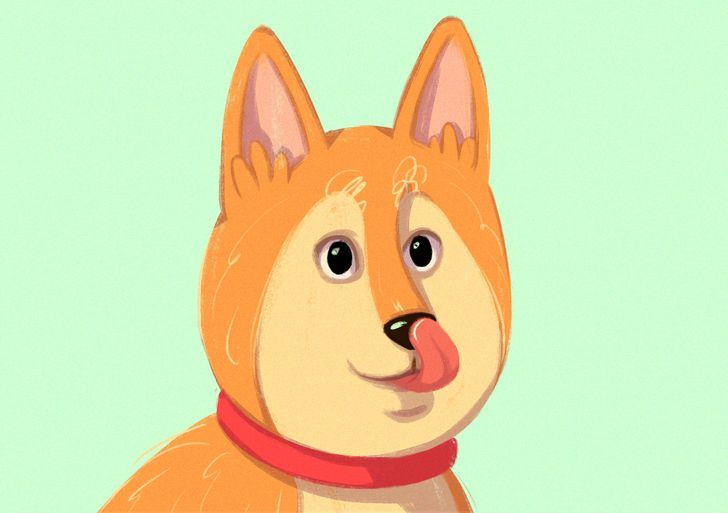
The dog does this when he’s stressed or feeling pressure or danger.
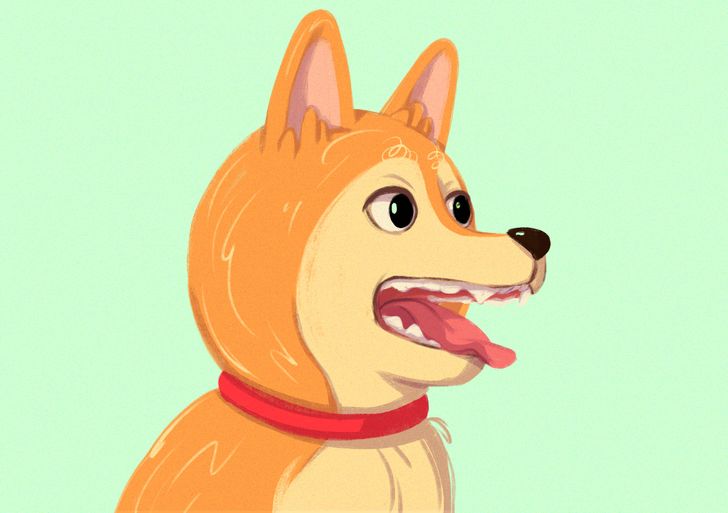
This means the dog is protecting his territory. Pets often do this while eating.

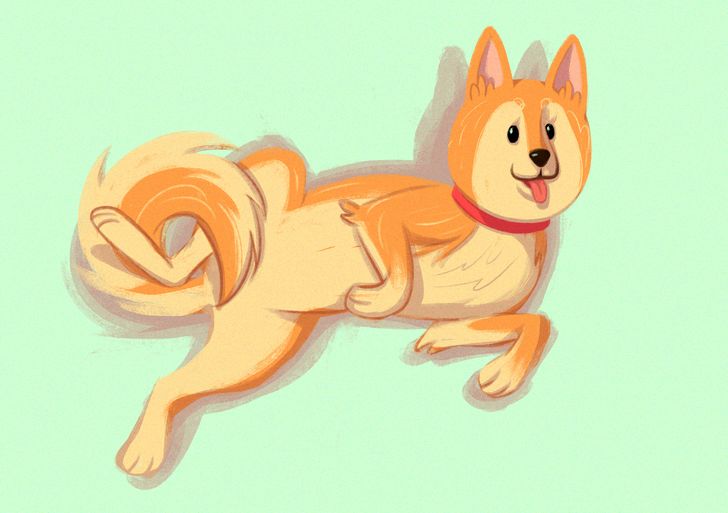
The dog is showing that he trusts you and wants to please you. If you rub your dog’s belly after he rolls over, you’ll show you’re pleased with your pet’s behavior.
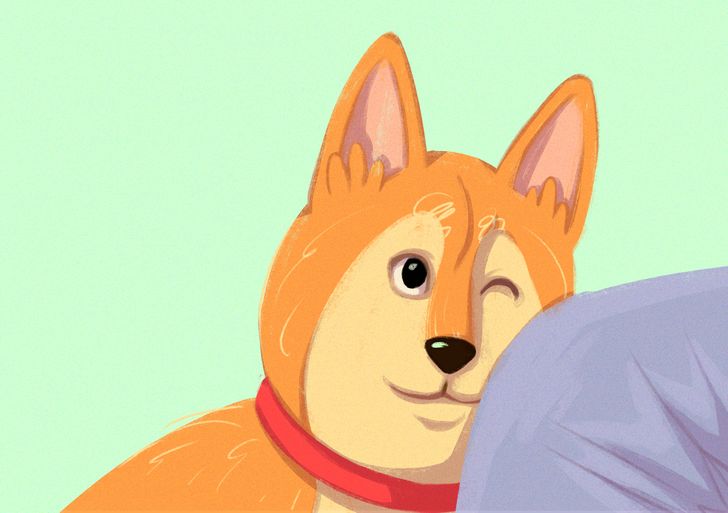
This means the dog wants to get attention and show that he needs you. If a pet touches the owner’s hands with his nose, he wants you to pet him.
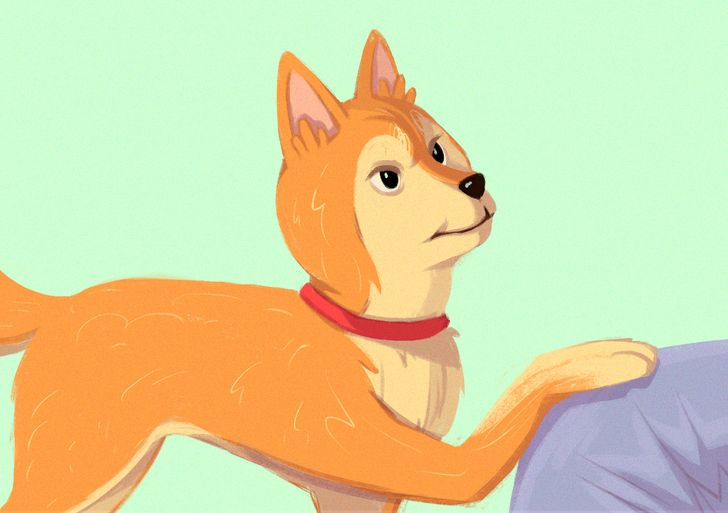
If the dog does this with a very smug look, he is trying to dominate. In this situation, trainers suggest looking into the dog’s eyes and removing the paw.
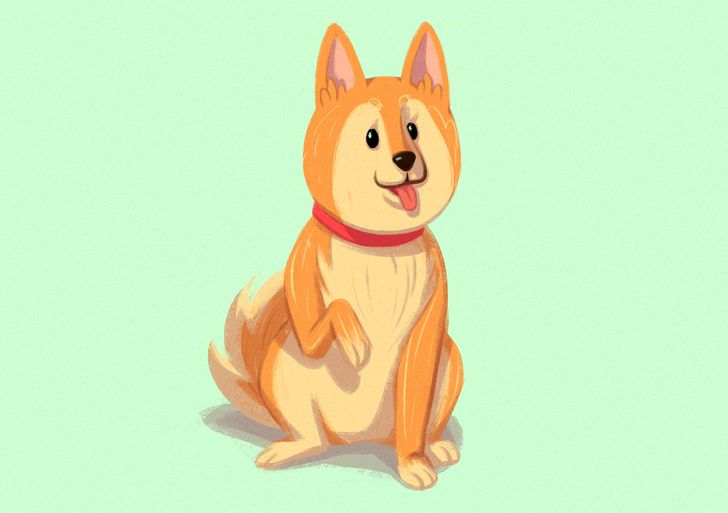
This stance means your pet wants to ask you something. Maybe he’s hungry or wants to play. Sometimes dogs do this (especially hunting dog breeds) when they notice something interesting.
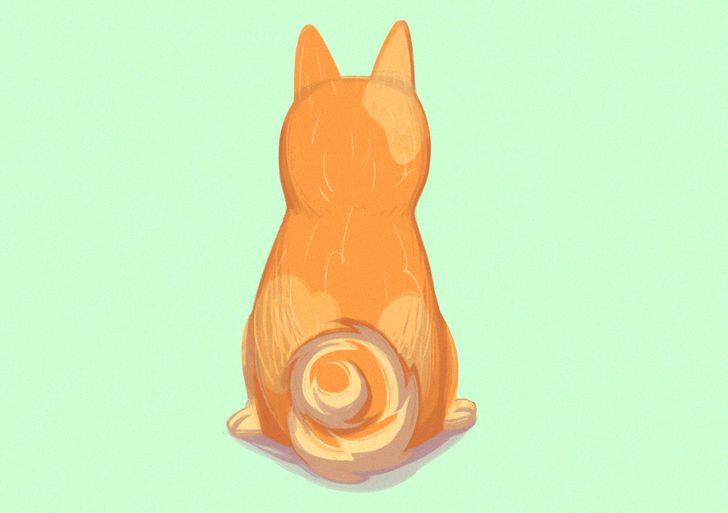
This action means that your four-legged friend trusts you.
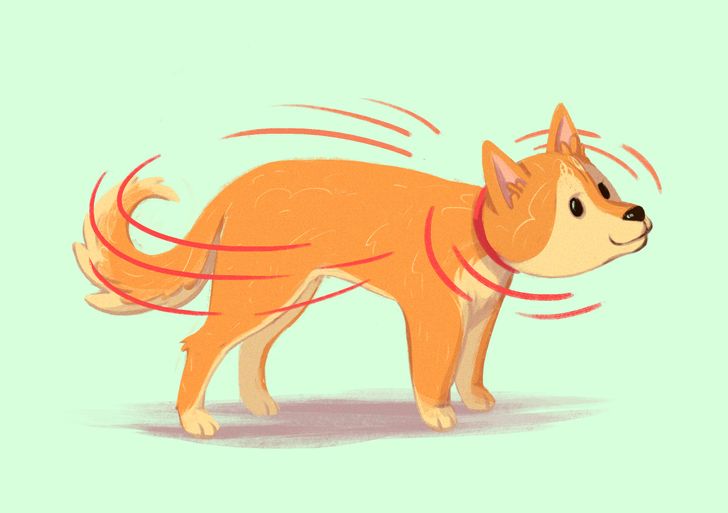
Dogs may shake (like they shake off water after a bath) as a way of relieving tension.

